The music of Flute & Voice itself is hard to describe: it’s neither rock nor jazz nor folk nor Indian nor classical but shows influences from all these musical traditions.
Fusion of guitar/sitar,flute. Their first album is their best ,although some nice tracks are on their last release .This will be most interesting for persons interested in accoustic fusion, rather than people interested in prog folk or progressive music.
++.jpg)

An excellent Berlin duo, Flute & Voice were in fact much more multi-instrumental than their name would suggest! The music on their debut IMAGINATIONS OF LIGHT was a strongly ethnic concoction that was not at all easy to pin down. An understated kind of folky rock that seemed to step on from King Crimson's "Moonchild" with weird jazzy and raga touches, hinting at Kalacakra or the Third Ear Band, though totally devoid of any emotion. In fact, the whole album sounds "stoned". The HEAVY CHRISTMAS track was more straight folk.
In December 1995, “Hallo Rabbit,” the second studio production of Flute & Voice was published (Jack Wiebers Records JWR CD 951004-1) after a delay of 22 years. A very pleasant occasion for Hans Brandeis and Hans Reffert to get together again and to chat about the “good old times.” Since they had put their project Flute & Voice on ice in the middle of 1975 for the time being, they kept up their contact and occasionally visited each other – Hans Brandeis lives in Berlin, Hans Reffert in Mannheim – however they had not played a single note together since then. The former times of artistic co-operation had been too intense and too chaotic.

Musicians:
“Flute” Hans Reffert: electric and acoustic guitar, bass and soprano recorder, transverse flute, cromorne
“Voice” Hans Brandeis: electric and acoustic guitar, sitar, vocals
With special assistance of
Dorle Ferber: violin
Norbert Pohlert and Phillip Schulte: cromornes
 The recordings on the second album clearly show the development that Flute & Voice have gone through in the course of three years since the publication of the first album: the music has become more direct, musical forms and structures more transparent, the sense of time faster. As can be expected, the album cover text meant to be published at that time sounds rather different from the previous one. The music itself is definitely clearer than the following lines – you may understand them as a kind of “historical” document, not as our views of today: “The aggressive aspect of our music is an expression of the fact that we are deeply involved in this society, which keeps us as individuals entirely in its clutches and from which we cannot just escape into the fictitious privacy of a very individual music. In this respect our music is an expression of our fears. The very moment that we realize our position in society, we try to counteract musically, i.e. we express our dreams, wishes and ideas of a better life in society in our music. Our music clearly reflects our emotional reactions to our own analysis as well as synthesizing thinking processes. It shifts between meditative and more aggressive forms, and it can therefore draw upon the whole broad spectrum of all the intervening stylistic means as well as their musical alienation
The recordings on the second album clearly show the development that Flute & Voice have gone through in the course of three years since the publication of the first album: the music has become more direct, musical forms and structures more transparent, the sense of time faster. As can be expected, the album cover text meant to be published at that time sounds rather different from the previous one. The music itself is definitely clearer than the following lines – you may understand them as a kind of “historical” document, not as our views of today: “The aggressive aspect of our music is an expression of the fact that we are deeply involved in this society, which keeps us as individuals entirely in its clutches and from which we cannot just escape into the fictitious privacy of a very individual music. In this respect our music is an expression of our fears. The very moment that we realize our position in society, we try to counteract musically, i.e. we express our dreams, wishes and ideas of a better life in society in our music. Our music clearly reflects our emotional reactions to our own analysis as well as synthesizing thinking processes. It shifts between meditative and more aggressive forms, and it can therefore draw upon the whole broad spectrum of all the intervening stylistic means as well as their musical alienation
Norbert Pohlert and Phillip Schulte: cromornes
 The recordings on the second album clearly show the development that Flute & Voice have gone through in the course of three years since the publication of the first album: the music has become more direct, musical forms and structures more transparent, the sense of time faster. As can be expected, the album cover text meant to be published at that time sounds rather different from the previous one. The music itself is definitely clearer than the following lines – you may understand them as a kind of “historical” document, not as our views of today: “The aggressive aspect of our music is an expression of the fact that we are deeply involved in this society, which keeps us as individuals entirely in its clutches and from which we cannot just escape into the fictitious privacy of a very individual music. In this respect our music is an expression of our fears. The very moment that we realize our position in society, we try to counteract musically, i.e. we express our dreams, wishes and ideas of a better life in society in our music. Our music clearly reflects our emotional reactions to our own analysis as well as synthesizing thinking processes. It shifts between meditative and more aggressive forms, and it can therefore draw upon the whole broad spectrum of all the intervening stylistic means as well as their musical alienation
The recordings on the second album clearly show the development that Flute & Voice have gone through in the course of three years since the publication of the first album: the music has become more direct, musical forms and structures more transparent, the sense of time faster. As can be expected, the album cover text meant to be published at that time sounds rather different from the previous one. The music itself is definitely clearer than the following lines – you may understand them as a kind of “historical” document, not as our views of today: “The aggressive aspect of our music is an expression of the fact that we are deeply involved in this society, which keeps us as individuals entirely in its clutches and from which we cannot just escape into the fictitious privacy of a very individual music. In this respect our music is an expression of our fears. The very moment that we realize our position in society, we try to counteract musically, i.e. we express our dreams, wishes and ideas of a better life in society in our music. Our music clearly reflects our emotional reactions to our own analysis as well as synthesizing thinking processes. It shifts between meditative and more aggressive forms, and it can therefore draw upon the whole broad spectrum of all the intervening stylistic means as well as their musical alienation


.jpg)

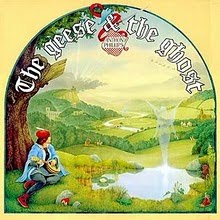



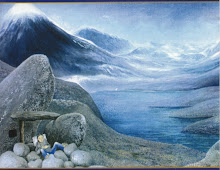

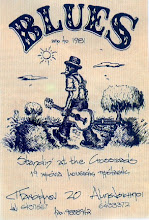

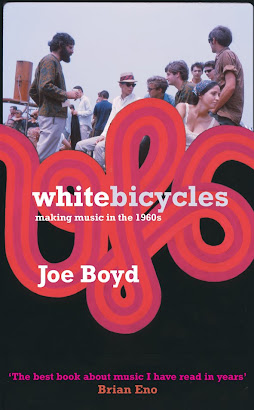
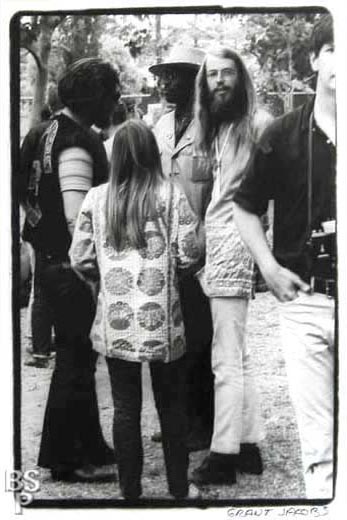

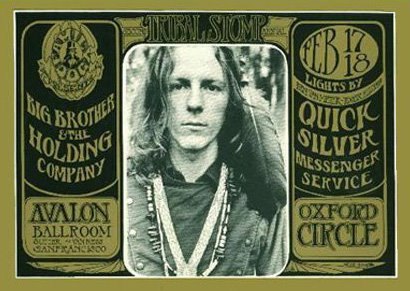
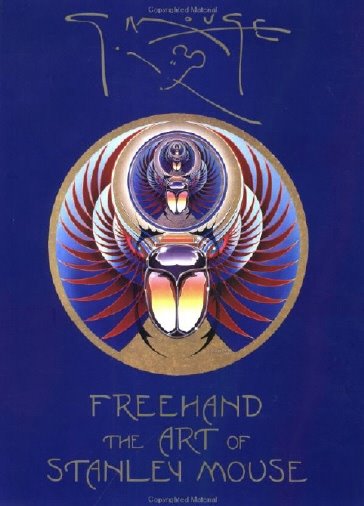.jpg)

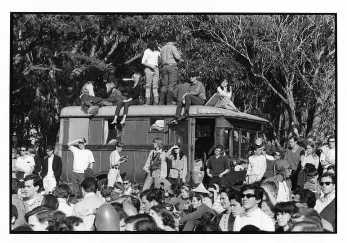




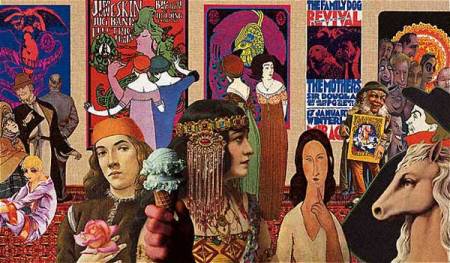.jpg)
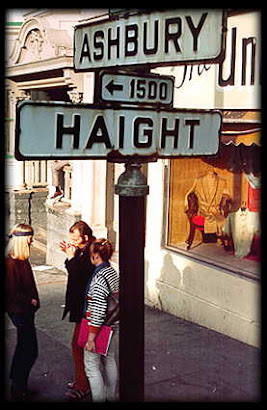
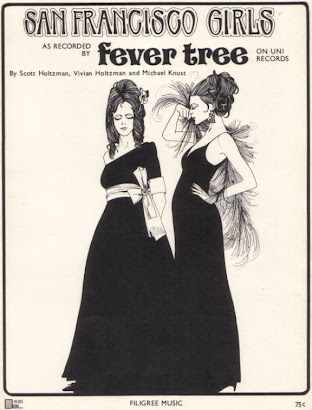
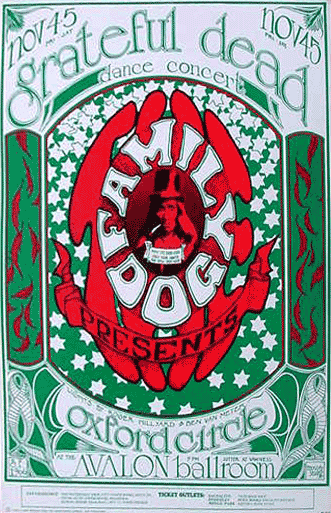
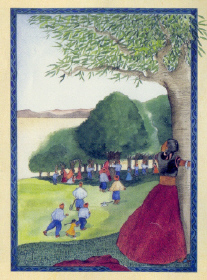
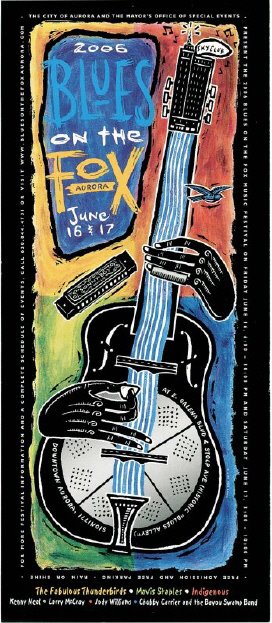











%20@320.jpg)



.JPG)










































































+-+cover.png)














.jpg)




































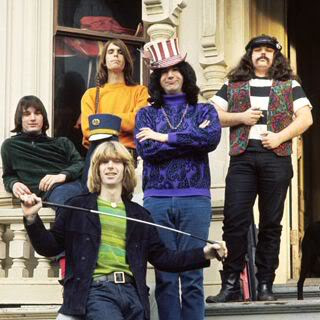






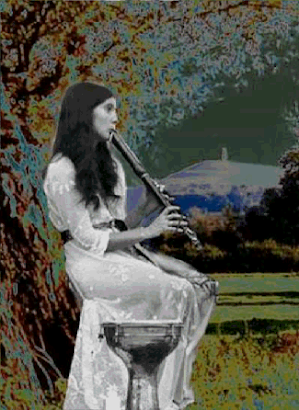













































.jpg)








0 σχόλια:
Δημοσίευση σχολίου